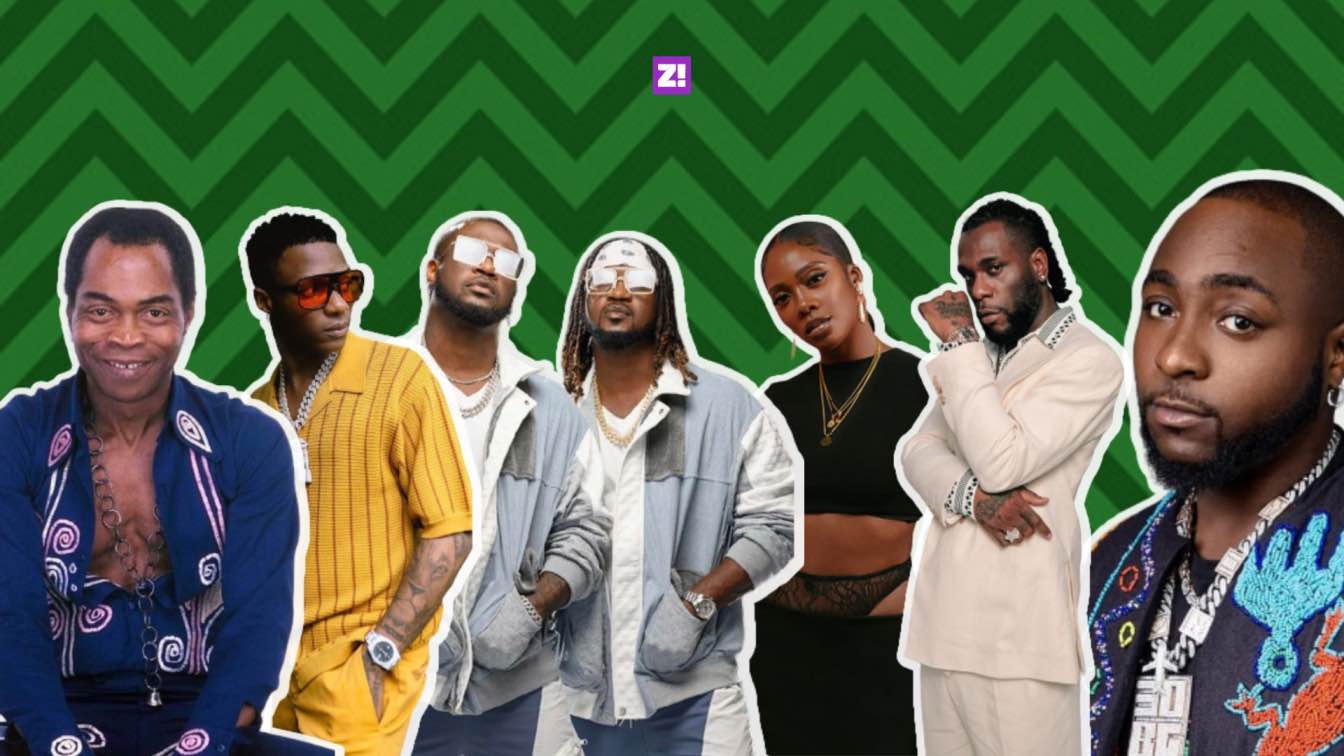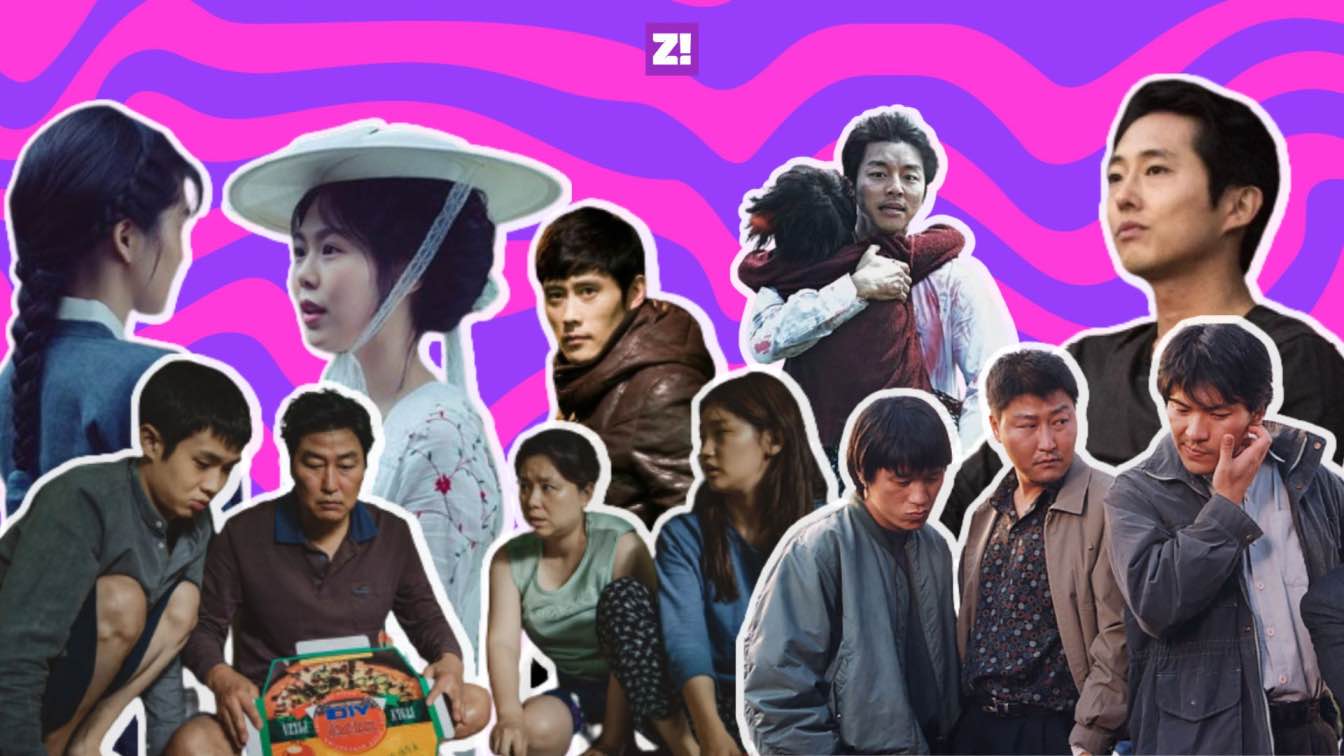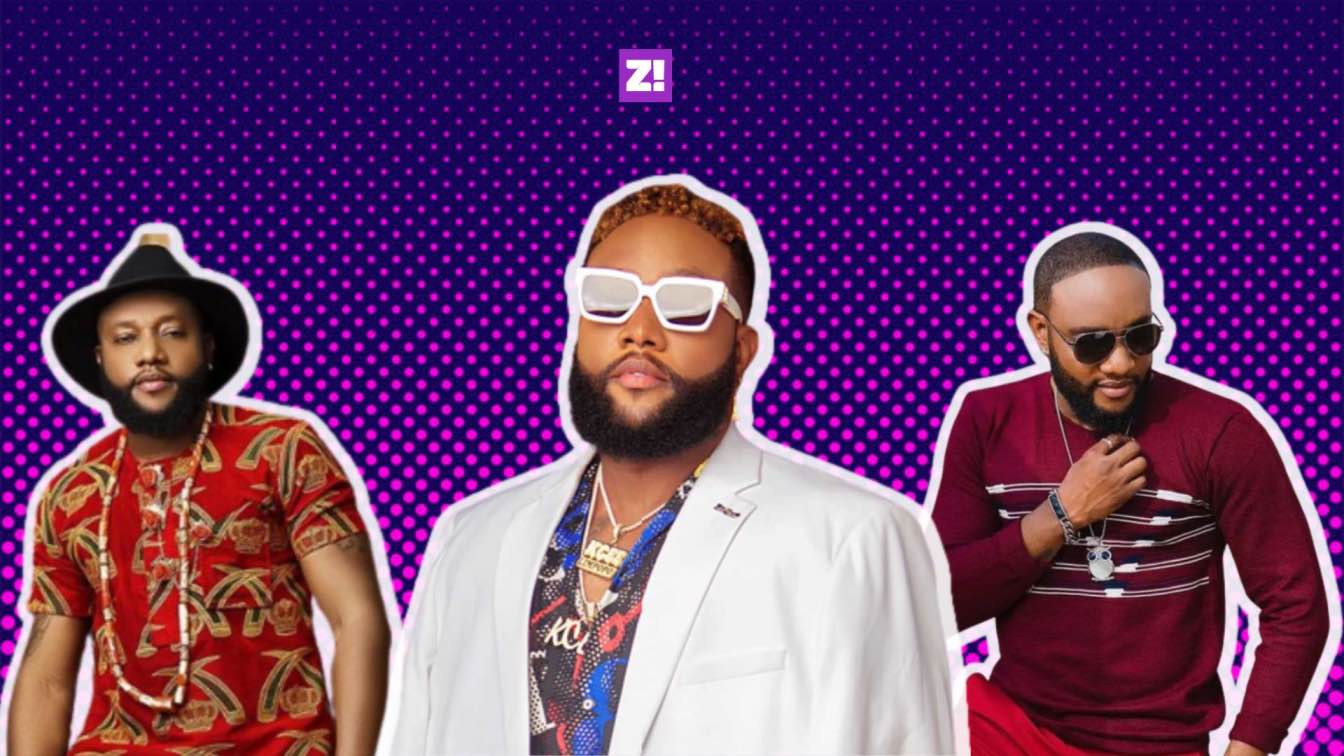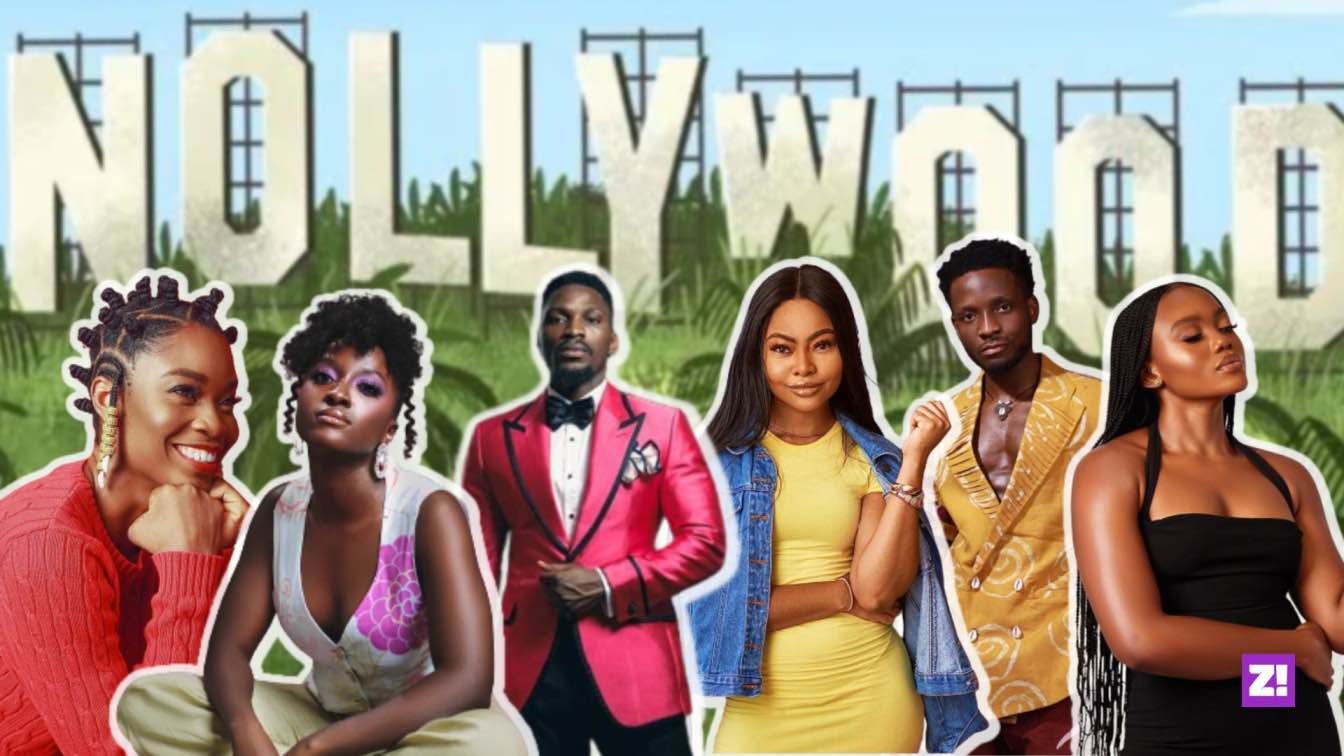Ghanaians put boiled eggs in everything except their music, and I’m sure that’s why it slaps so hard. While Nigerians have become the face of Afrobeats, there’s no denying the massive role the Ghanaian music scene has played in helping us define this sound.
Here’s a timeline of Ghanaian songs that crossed the border into Nigeria and took over our playlists.
2004: Ahomka Wo Mu — VIP
Even though it wasn’t the first Ghanaian song to cross into the Nigerian market, VIP’s Ahomka Wo Mu was the blueprint for successful crossovers. The song was so big that they ended up signing with Kennis Music, the biggest label at the time and home to 2Baba, Tony Tetuila and Eedris Abdulkareem.
However, VIP’s most significant impact was inspiring this Mama G classic:
2007: 16 Years — Mzbel
16 Years is an iconic song about consent and speaking up against sexual harassment, disguised as a party jam. Fun fact: I didn’t know it was a Ghanaian song until it popped up on a Ghananian YouTube playlist and I was shook.
2009: Kiss Your Hand — R2Bees and Wande Coal
For the longest time, I was convinced Wande Coal was the only one singing on Kiss Your Hand, and before you judge me, we all thought Wande Coal was singing on Fireboy DML’s Peru too. 2009 introduced us to the Ghanaian group R2Bees, and since then, they’ve churned out hit after hit, including one of my all-time faves, Slow Down with Wizkid in 2013.
2011: Azonto — Fuse ODG
Goes without saying. You have to have been there to fully understand the impact Fuse ODG’s Azonto had on the streets. This was a moment. Everyone started doing Azonto, even Wizkid. Good times for real.
2012: U Go Kill Me — Sarkodie
We should’ve all seen Sarkodie’s 2021 Non-Living Thing (feat. Oxlade) coming considering his breakout single was U Go Kill Me — I guess the babe succeeded. Continuing the Azonto craze that started in 2011, Sarkodie’s U Go Kill Me made him a household name in Nigeria, and the song still slaps till today.
2013: Muje Baya (Move Back) — 5ive
Taking us out of the azonto era and starting a new dance craze, 5ive’s Muje Baya (Move Back)
2014: Tonga — Joey B
“Tonga dey rhyme with corna. Will you come to my corna? I wan give you hard drive, format.” If you ask me what Tonga means, na who I go ask? All I know is dancefloors in 2014 ate Joey B’s Tonga up and have refused to swallow or spit it out since then.
RECOMMENDED: 12 Things We Learnt from the 12 Episodes of “Afrobeats: The Backstory”
2015: Skin Tight — Mr. Eazi
I know what you’re thinking, “Mr. Eazi aka Tosin Ajibade is not Ghanaian.” But it’s hard to deny Ghana’s influence on his music, especially when he started out. Mr Eazi and Juls (who produced Skin Tight) introduced Banku music to a Nigerian audience and started a sonic trend that influenced everyone from Runtown to Tekno.
2017: One Corner — Patapaa
The One Corner dance is something that still haunts me to this day because why? Why did anyone think it was cool? 2017 was the year of One Corner, and I doubt we’ll be forgetting it anytime soon.
2018: Joanna — Afro B
Justice for all the Joanas out there because I’m sure their lives haven’t been easy since Afro B dropped Joanna in 2018.
2020: Forever — Gyakie
A real pandemic music baby, Gyakie ruled the last few months of 2020 and the start of 2021 thanks to her inescapable hit, Forever. This song was everywhere on TikTok and on everyone’s Instagram story. Now that I think about it, it made sense that she hit up another pandemic music baby, Omah Lay for the Forever remix that dropped in 2021.
2022: Kwaku the Traveller — Black Sherif
Black Sherif’s Kwaku the Traveller is the definition of, “No one knows what it means, but it’s provocative. It gets the people going.” I’m not sure what this guy is rapping about, but something about his energy gingers my energy. It’s a feeling thing. If you know, you know.
ALSO READ: Here Are Some Ghanaian Foods Even Nigerians Can’t Troll




